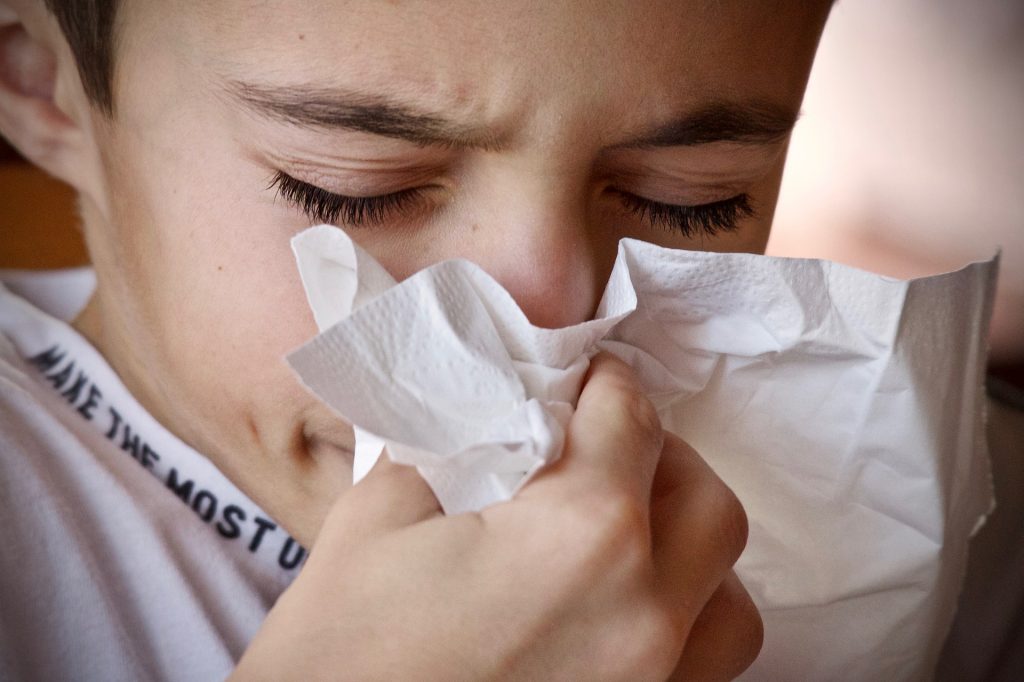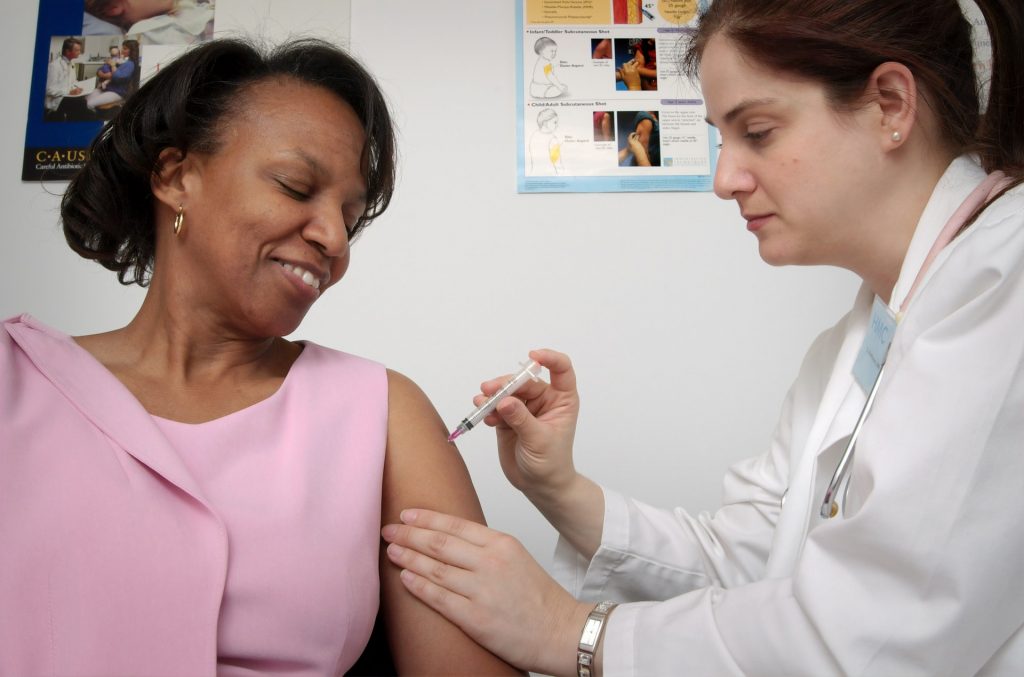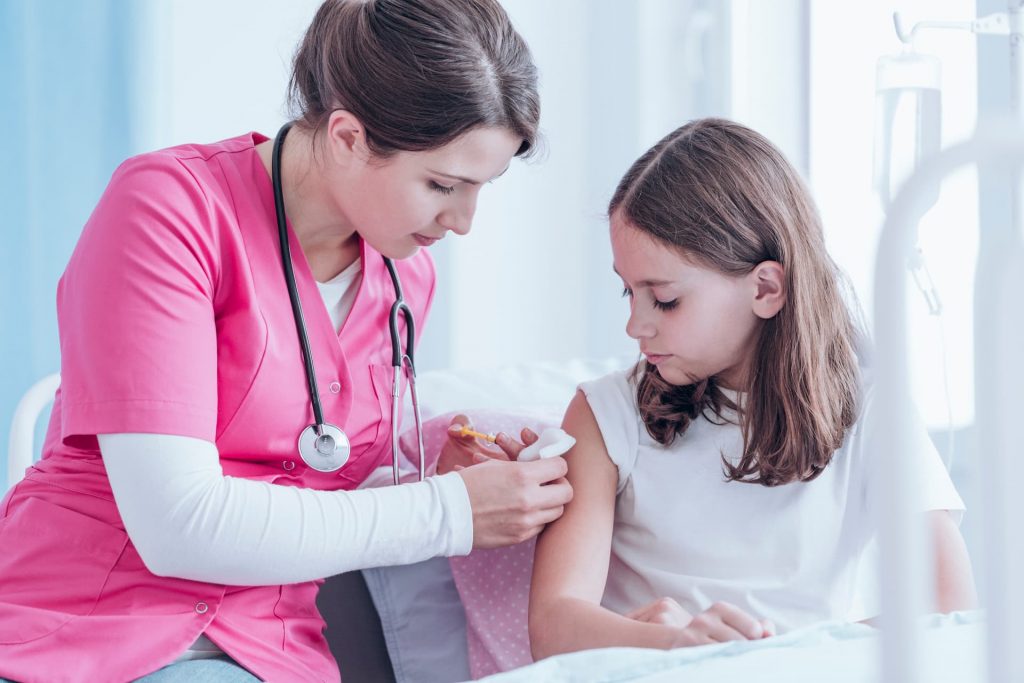Making the decision of whether or not to vaccinate your children is a personal one. Don’t let misinformation change your mind about getting vaccinated or vaccinating your children. Here are some of the common myths you might see when doing research about vaccines or browsing around social media:

Myth #1: Vaccines cause autism
Vaccines and their ingredients do NOT cause autism. This myth stemmed from a study done by British physician Dr. Andrew Wakefield, and was even refuted by the scholarly journal it was published in. It has been politicized by a handful of proponents through media attention, but studies show vaccines are safe and do not cause autism spectrum disorder.

Myth #2: Vaccines themselves can make you sick
The ingredients of vaccines are safe to the general public and will not make you sick. Even live viruses inside the live vaccines are at low enough doses they won’t make a person sick. When a person says they got a flu shot and are suddenly feeling ill, they are either experiencing a natural side effect of any vaccine (low grade fever) or they were exposed to the illness before their shot becomes fully effective. It typically takes up to two weeks for the flu shot to fully protect you, which is why the CDC recommends getting your flu shot in early October, ahead of the flu season peak.

Myth #3: Using vaccines deplete our natural response through our immune systems
Vaccine-preventable diseases can be deadly. When groups of people don’t vaccinate, diseases that have been eradicated are in danger of returning. Germs spread rapidly through populations and people who are unvaccinated pose the greatest risk of contracting and spreading the disease. These diseases can be easily avoided through vaccination. Vaccines are a crucial support element to give the immune system a jumpstart in protecting the body against bacteria and viruses. Vaccines are safer than braving illness unvaccinated.

Myth #4: If vaccines work, you shouldn’t have to worry if I don’t vaccinate my child
While a vaccinated child is less likely to get a debilitating disease because they are vaccinated, herd immunity and the eradication of childhood diseases only happens when everyone cooperates and protects one another. When everyone is vaccinated, it greatly reduces the changes of an outbreak or a pandemic. Babies under the age of 6 months, immunocompromised people and others who can’t get vaccinated rely on others to do so in order to be protected.

Protect yourself and your family
At the end of the day, the best way you can protect yourself and your loved ones is to get vaccinated. Getting a flu shot every year is important because the strains of the virus continue to change and getting a flu shot is the best way to avoid catching it.
Making sure your kids are up-to-date on vaccines could mean saving their lives from a deadly disease. Vaccines protect not only yourself but others because it makes it more difficult for you to spread bacteria and virus-causing germs. In the long run, this hopefully means fewer trips to the doctor and more money in your pocket.
Your child’s doctor should keep track of their shot records and let you know when it’s time to get their next round of shots. You can also stop in to NMC Convenient Care or Walk-In Health Clinic to get your flu shot.
If you need help getting access to vaccines, the CDC offers a Vaccines for Children (VFC) program to children who are on Medicaid, uninsured, underinsured or who are American Indian and Alaska Natives.
For more information, visit the CDC’s vaccines & immunizations page.


